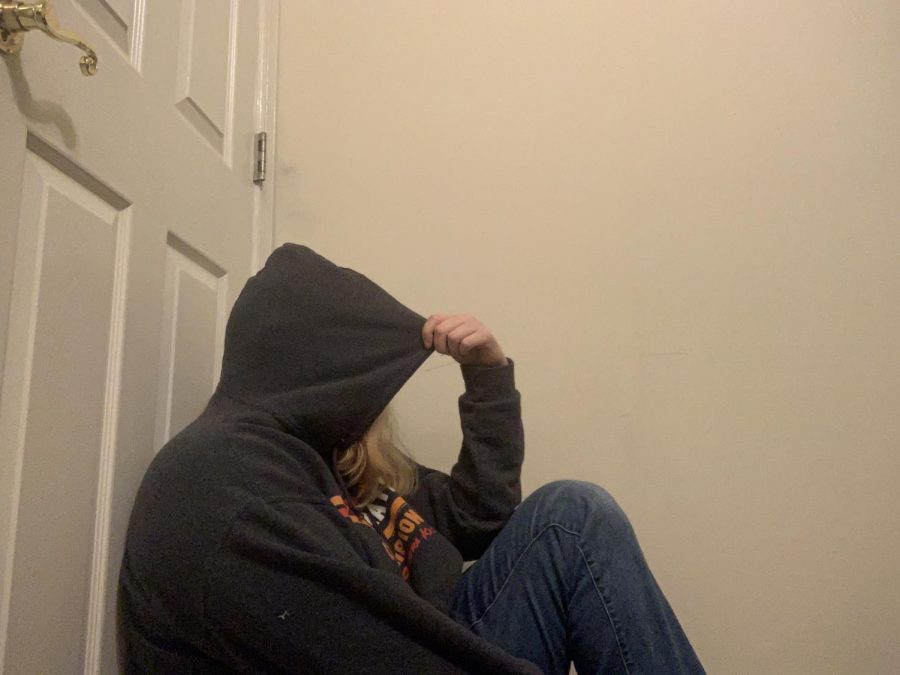Teen Depression Skyrockets As Pandemic Hits
October 1, 2021
The pandemic hit everyone hard and fast. Adults found themselves out of jobs, places to sleep, things to eat; some even had to move back home with their parents. Children found themselves stuck inside all day, or suddenly living with their relatives, and without their friends. But what about the teens?
Teens are more prone to chemical imbalances in the brain, since they are shifting from children and becoming adults. Just like their younger counterparts, they had found themselves isolated and without outlets. Those with therapists couldn’t see them for a while, whereas those without therapists sought to have one. Isolation is never good for any aged brain, but it is especially never good for teens.
The National lockdown first started as two weeks off of school. Teens rejoiced – some needed to just get away from that life for a little while. None of them could have predicted that it would blow up, and turn into a year-long catastrophe.
River Belt, grade 12, writes, “My depression rose in intensity, to the point where I didn’t care much at all about schoolwork. […] I noticed them getting worse once my grades started falling, as I was too depressed to attempt working on anything.”
Belt was fortunate enough to have a therapist before the pandemic started. Belt explains, “The therapist I’ve had for years is who I went to. Though, meeting online instead of in-person.”
Fortunately, Henry Wagner, grade 12, also had a therapist prior to the pandemic: “I usually visit my therapist periodically through virtual meetings.”
Unfortunately, Belt goes on to say how he feels his depression episodes got worse with time, “Lack of time away from home, lack of communication with teachers and students, in addition to pre-existing problems.”
Wagner comments, “The constant stress and lack of motivation for me to do anything with myself.”
Underlying issues teens may have also affected their behavior over the course of lockdown. In Belt’s case, he knew of his issues, but some teens might not have.
Once the lockdown turned into a normality for teens, and school became virtual, Wagner found himself in the group that had a harder time with schoolwork. He says, “My depression did increase, […] Everything felt more meaningless being home all the time. Schoolwork felt harder than ever.”
Wagner adds on about when his depression became worse: “Two months after starting my first job, I was working 35 hours a week on top of schoolwork in a kitchen position. Very stressful and taxing on the body/mind.”
Both Belt and Wagner faced the same mental struggles, both before the pandemic and found them growing worse as the pandemic went on. Both teens struggled to keep going during the pandemic, more than they had before. One felt he needed to be away from home, while the other felt a little better while at home. Wagner still had some outlets while Belt only seemed to have his therapist most of the time. Thankfully they’ve both managed to come this far into the pandemic and continue to see their respected therapists.





























